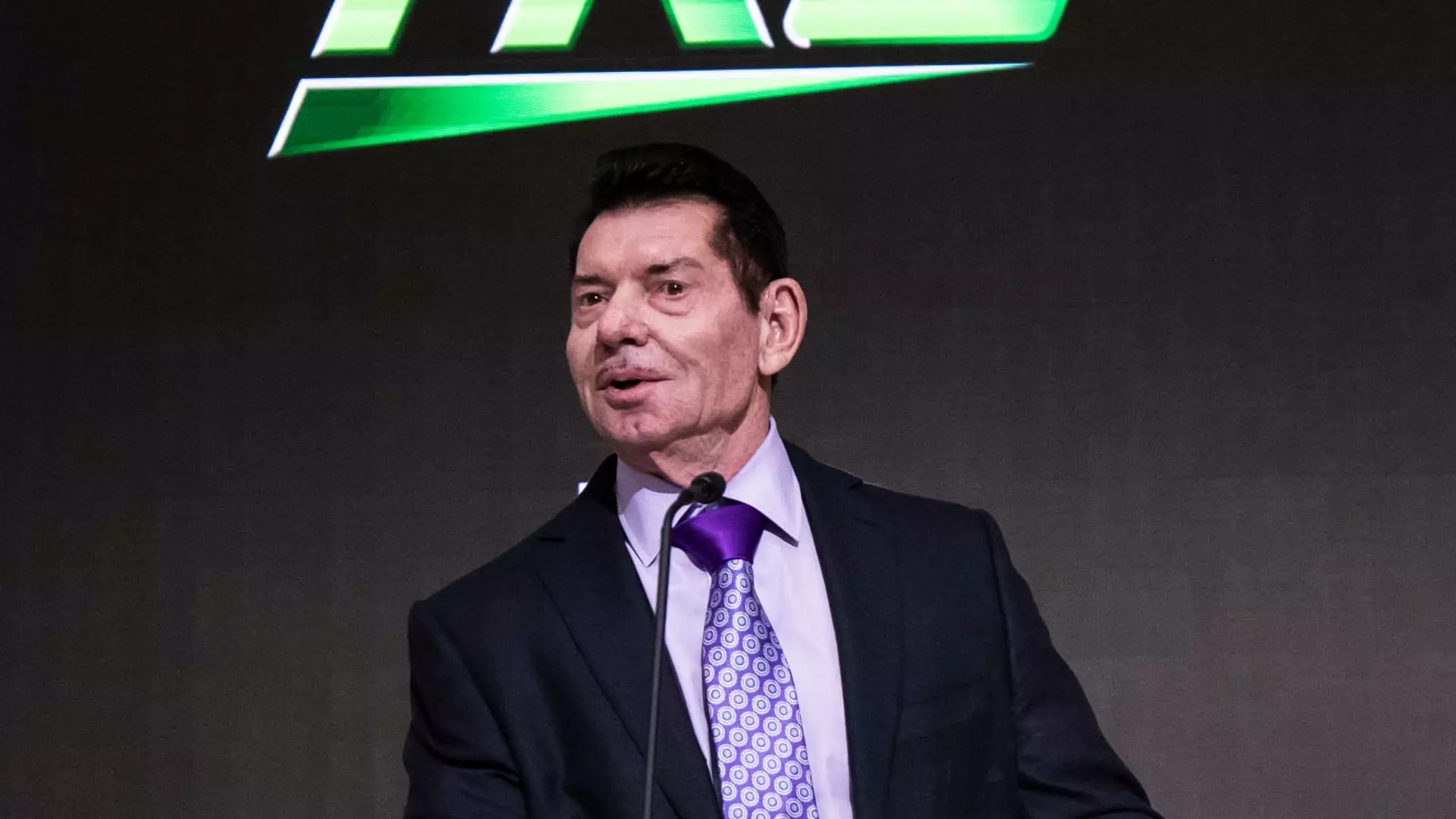In a significant turn of events, Vince McMahon, the former boss of World Wrestling Entertainment (WWE), has found himself embroiled in legal troubles with the U.S. Securities and Exchange Commission (SEC). Charged with breaching federal securities laws, McMahon’s case underscores serious implications not just for him, but for WWE and its stakeholders as well. This article will explore the details of the charges, the ramifications for WWE, and the broader context of corporate accountability within the entertainment industry.
On September 29, 2023, the SEC announced that McMahon failed to disclose settlement agreements totaling $10.5 million involving two women—financial actions taken on behalf of both himself and WWE. Such non-disclosure is a serious violation of the Securities Exchange Act. The SEC’s findings indicate that McMahon did not inform WWE’s board, its legal department, or its accountants regarding these settlements. This lack of transparency directly undermined WWE’s internal accounting system, leading to material misstatements in WWE’s 2018 and 2021 financial statements.
McMahon has agreed to pay a civil penalty of $400,000 and reimburse WWE a staggering $1.33 million, which reflects the seriousness of the financial inaccuracies that arose from his actions. The fact that this internal misconduct stretched across multiple years highlights systemic issues within the company’s governance structures.
The Impact on WWE’s Financial Health
The financial ramifications for WWE are profound. The SEC’s investigation revealed that the undisclosed settlements led to an overstated net income of approximately 8% for 2018 and 1.7% for 2021. Such discrepancies raise alarming questions about the integrity of WWE’s reported financial performance during those years. Investors rely on accurate financial statements for sound decision-making; thus, any manipulation or omission of financial data could harm investor confidence and impact WWE’s stock market performance.
Moreover, McMahon had benefitted financially from these misstated statements, receiving incentive-based compensation and securing profits from WWE stock sales during the 12-month period following the issuance of the flawed financial reports. The SEC order indicates that McMahon’s conduct constitutes a violation of Section 304 of the Sarbanes-Oxley Act of 2002, which calls into question the ethical practices surrounding executive compensation and accountability.
Background Context: WWE’s Corporate Landscape and Ownership Changes
Founded over four decades ago, WWE has undergone substantial transformations, including its recent merger with Endeavor Group Holdings, which owns the Ultimate Fighting Championship (UFC). As a result, the newly formed entity, TKO Group Holdings, began trading on the New York Stock Exchange in September 2023. This merger emphasizes the evolving landscape of professional wrestling and sports entertainment, solidifying WWE’s position in a broader sporting context.
However, McMahon’s departure as executive chairman amid ongoing investigations and lawsuits raises critical questions about leadership stability in such a large enterprise. The merger’s success now hinges on a new management approach that ensures ethical compliance and accountability.
In response to the charges, McMahon has sought to downplay the gravity of the situation. He characterized the matter as “minor accounting errors” and suggested that the prolonged investigation was built on “misguided” speculations. His assertion that he is relieved to put the matter behind him is noteworthy, yet it raises concerns regarding accountability for leadership in the corporate environment. Stakeholders, including investors and regulatory bodies, may not share McMahon’s view of the proceedings, particularly given the financial implications for both him and the company.
The SEC’s charges against Vince McMahon serve as a cautionary tale in corporate governance and financial accountability. As WWE navigates the fallout from these legal troubles, it must seek to restore integrity and transparency in its reporting practices. Ensuring comprehensive oversight and establishing robust checks and balances in the corporate framework will be crucial in rebuilding trust and safeguarding the interests of all stakeholders involved. In a landscape as competitive and visible as professional wrestling, the ramifications of such missteps can be significant, warranting the utmost diligence in leadership practices.


Leave a Reply